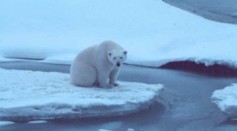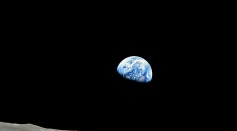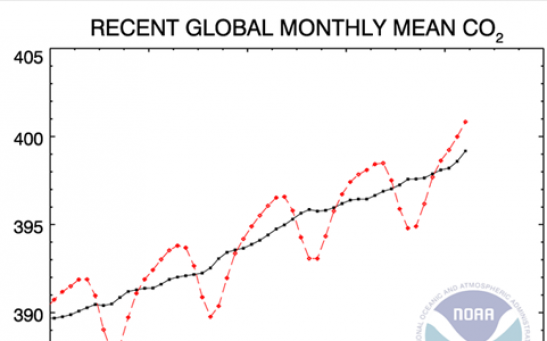environment
A Wintry Affair—How Oregon's Lost Lake Disappears

AS GLOBAL TEMPERATURES RISE, SPECIES MAY PLUMMET

Extremely Hot Days—Why One Study Is Saying that Global Warming is to Blame
Could Excess Carbon Dioxide Be Coming From The Trees? New Forest Models Predict CO2
Aid Arrives in Nepal: Who Was First on the Scene
Neonicotinoid-Laced Nectar Proves to Be Addictive Additive for Bees
Aftershock Measuring Magnitude 6.7 Rocks Earthquake Ravaged Nepal
Earthquake in Nepal Levels Building Killing Hundreds
Introducing the Pocket Shark
Yellowstone Supervolcano Keeps Getting Bigger
Do Mosquitos Prefer You? Your Genes May Tell You.

Celebrate Earth Day with NASA
Survival of the Cutest? Uncharismatic Endangered Species Receive Unequal Funding
With a Snapshot Researchers Reveal That Bouvier’s Red Colobus Monkeys Survived Extinction
Most Popular

How Technology Is Changing the Real Estate Industry?

Nikolay Karpenko Biography, Photo, Career, Accomplishments

How a Plant-Based Diet Can Protect Against Breast Cancer: Insights from Nutrition Research

The Role of AI in the Next Generation of Logistics: Insights from Tobias Waldhecker






